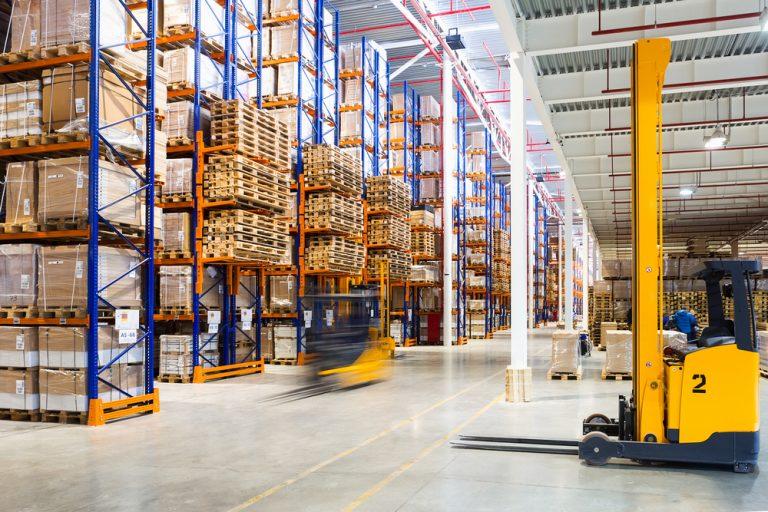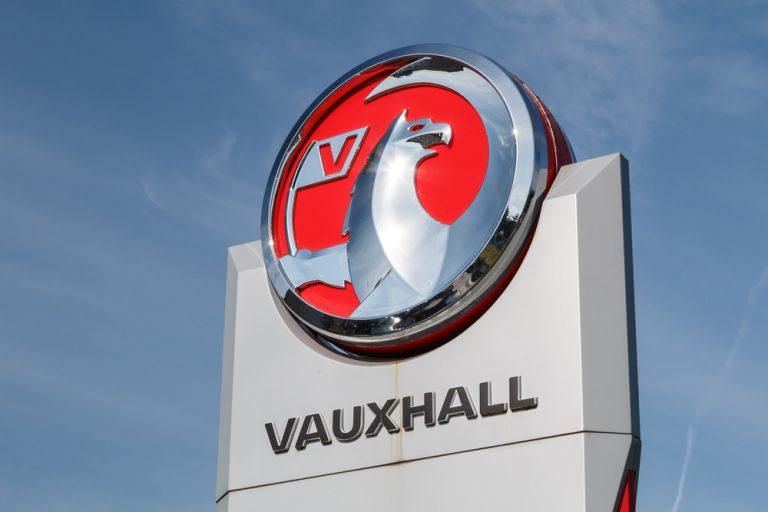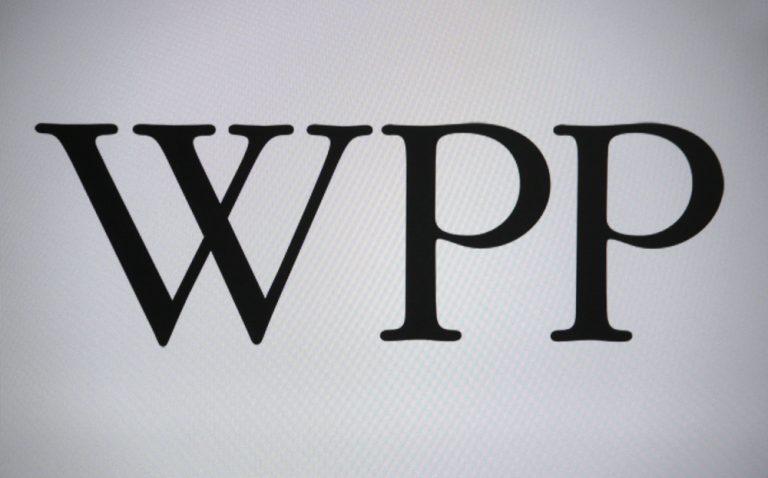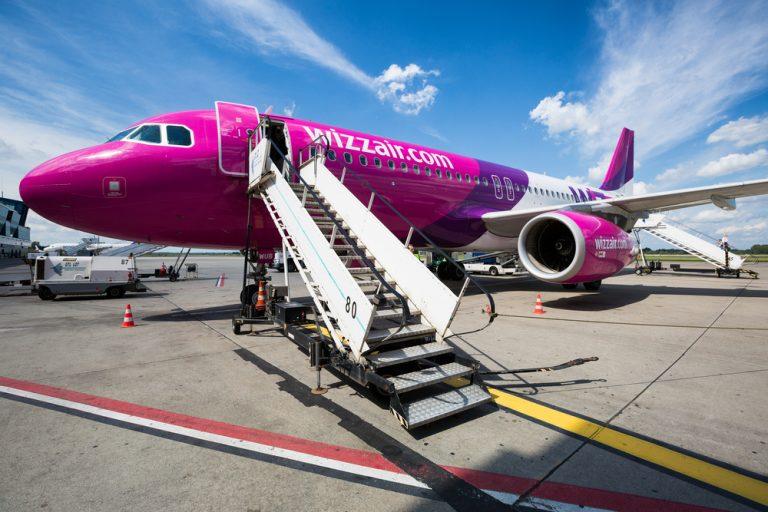Car registrations sink 15pc in March
The UK car market took a hit in March, according to the latest figures from the Society of Motor Manufacturers and Traders (SMMT).
UK car registrations were down 15.6 percent year-on-year in March, with demand for diesel vehicles dropped significantly over the month, down 37 percent. In contrast, demand for petrol cars rose by 1 percent.
These disappointing figures follow on from those at the end of 2017, that showed new car sales falling for the first time in six years. Car sales decreased by 5.7 percent over the year to around 2.5 million vehicles.
However, it must be remembered that March of last year was a record month, as consumers and businesses snapped up new vehicles ahead of a change in Vehicle Excise Duty the next month.
The full data will be published later on Thursday morning by industry body SMMT.
Demand for diesel cars plunged by 17 percent last year, meaning the pace of decline for such vehicles in March has more than doubled.
Hammerson performance strong despite High Street challenges
Retail property manager Hammerson (LON:HMSO) reported strong growth in the first quarter of the year, despite the “challenging” High Street environment.
UK retail sales fell 2 percent, as severe weather and subdued consumer confidence weighed on performance, but net asset value grew 1.8 percent as the group retained earnings and improved valuation gains.
Leases signed across the group rose to £7 million, up 59 percent compared to the same period a year ago, reporting ‘good progress’ on its existing projects, including the Brent Cross extension. Portfolio occupancy improved from 96.6 percent to 97.1 percent at 31 March 2018.
David Atkins, Chief Executive of Hammerson, said:
“Whilst we recognise the difficult trading environment and challenges felt by many retail and restaurant formats in the UK, there continues to be good demand for space across our centres. The Easter trading weekend again demonstrated that not all retail is equal with our centres delivering positive footfall growth of 5% compared to average reported Easter footfall across all shops of -2.4%.
“The positive momentum of the business is a mark of the quality of our portfolio and the skill of our team which are delivering continued income growth and will drive future shareholder returns.”
Contract wins put Wincanton on track to meet full year expectations
Logistics company Wincanton (LON:WIN) recorded strong performance in the first half of the year, with full year results likely to be in line with expectations.
Its consumer and retail division reported good volume growth and an “excellent” performance during the Christmas period, with the second half of the year boosted by contracts with Wickes, to manage its delivery of bulky goods to customers, and Ikea, to provide two-man home delivery services across the South East of England.
Industrial and transport also performed well over the second half, winning contracts with Aggregate Industries and Phillips 66.
Wincanton is a British logistics company with its origins in milk haulage, providing transport and logistics services including specialist automated high bay, high capacity warehouses, as well as supply chain management for businesses.
Vauxhall to build new Vivaro at its Luton plant
Vauxhall are set to continue production of its new Vivaro van at its Luton plant, despite ongoing “Brexit uncertainties”.
The French car manufacturer announced it will increase production in Luton, in spite of on-going Brexit-related uncertainties facing the U.K economy.
In a boost to the UK’s automotive industry, the commitment will protect the 1,400 jobs.
The decision will see plant’s capacity increase to 100,000 a year.
As it stands, approximately 59,000 vans year are currently manufactured at Luton.
Should demand for the Vivaro prove strong, additional roles may be created at the plant.
Group chief executive Carlos Tavares said: “This is a major milestone for the future of the Luton plant and a key enabler to serve our ambitions in the commercial vehicle market.”
Business Secretary Greg Clark commented on Wednesday’s announcement:
“Today’s decision is a vote of confidence in Vauxhall’s high-skilled workforce and the UK’s world leading automotive sector.”
The commitment came after successful talks with the Unite union, alongside a government contribution thought to be in the region of £9 million.
Reports indicated that Vauxhall had considered the option of moving production to Poland or Germany, however, neither bases were deemed well-equipped to proceed with production of the vans.
In the UK, Vauxhall has 3,400 employees across its Luton and Ellesmere Port plant.
Vitesse Media to launch diversity events tackling gender inequality
Vitesse Media (LON:VIS) are set to launch 12 new diversity events across 2018 and 2019, as the company looks to address gender inequality in the workplace.
The digital media and events firm announced on Wednesday it intends to “accelerate” the progression of its gender diversity and ‘Women In’ conferences.
The series of international events aim at tackling the issue of gender inequality across a range of industries.
This includes sectors such as finance and technology, fields which have been traditionally male-dominated and difficult to women to break into.
Alongside existing events in UK and the US, the diversity series is also set to expand across Europe and Asia.
This follows the launch of the ‘Women in IT USA’ awards event last month in New York, which saw 550 leaders in business and technology come together to address diversity issues.
Simon Stilwell, Chief Executive of Vitesse Media, commented:
The announcement coincides with the upcoming midnight deadline for UK businesses to report on their gender pay gap figures.
Newly implemented government legislation requires companies with 250 employees or more to publish their figures, in a bid to expose gender inequality in the workplace.
Of the 9,000 businesses affected, thus far 8,870 companies have thus far submitted their figures.
Home Secretary Amber Rudd commented on the looming deadline:
“There is absolutely no excuse for businesses in the private sector not to be transparent about their gender pay gap before the deadline set down in law”
“Businesses should see reporting gender pay gap data as just the first step on the road to creating fairer and more equal workplaces across the UK.”
“They should be putting action plans in place to break down the barriers to women’s progression in their organisations,” she added.
Among the biggest recorded overall gender pay difference, the construction, finance and mining sector recorded the highest median pay gap.
Businesses are required to submit gender pay gap figures by midnight on April 4th, according to the government deadline.
“We are delighted that the Women in IT Awards continues to grow in size and influence and is now a real representation of how important inclusion is in the technology industry.”
He added: “Our resolve to help tackle this issue is strong and we are excited to be accelerating the development of the Diversity events programme over the next two years.”
WPP shares fall as group confirms CEO misconduct investigation
Advertising firm WPP (LON:WPP) saw shares sink 2.5 percent at market open on Wednesday, after the group announced a misconduct investigation against its chief executive.
The group announced that Sir Martin Sorrell was under investigation in a statement on Tuesday, appointing an independent council to the process. The group added, however, that “the allegations do not involve amounts which are material to WPP”.
Sorrell said on Wednesday that he rejected “unreservedly” the reports of financial impropriety.
He added that he recognised ‘that the company has to investigate it”, and that the “process will be completed shortly.”
Martin Sorrell is the biggest paid chief executive in UK history, after forming the advertising giant WPP in 1985. He has overseen the growth of the company, which now has 3,000 offices in 112 countries.
Shares in WPP are currently trading down 2.58 percent at 1,088.68. The company’s share price has taken a hit of late, after it warned that 2017 was “not a pretty year” for the firm.
Flooring manufacturer Victoria confirms figures ahead of expectations
Flooring manufacturer Victoria plc saw shares rise nearly 3 percent at market open, after confirming that revenue and profit are likely to be ahead of market expectations for the fifth year running.
The Group’s reported strong like-for-like growth, gains in market share alongisde operational synergies, including the previously announced rationalisation of the UK manufacturing facilities, which has positively impacted gross profit margin and reduced overheads since being implemented during the financial year.
It added that the trading performance of the two ceramics businesses acquired in late 2017 has also been “encouraging and consistent with expectations”.
Geoff Wilding, Executive Chairman, commented:
“We are now seeing the clear benefits of our strategy to develop a broadly based, resilient flooring business, where operational and manufacturing synergies lower costs, whilst also providing a robust platform for organic and acquisitive growth. This is in no small part due to the excellence of our wider senior management teams who continue to drive the business and create opportunities to grow market share while maintaining margins.
“The Board is encouraged by 2018 trading to date. Together with progress on ongoing internal initiatives to deliver synergies and revenue growth, and the very attractive acquisition prospects already identified, the Board is confident it will deliver another year of significant, earnings-accretive growth in the 2018/19 financial year”, he concluded.
Shares in Victoria plc (LON:VCP) are currently trading up 2.70 percent at 762.00 (0907GMT).
Wizz Air reports passenger increase after adding new routes
Hungarian low-cost airline Wizz Air (LON:WIZZ) announced a 25.2 percent increase in year-on-year passenger numbers in March on-year, after adding several new routes.
The carrier said it had flown 2,476,153 people in March, with its load factor rising by 1.1 percentage points to 91.5 percent. Total flying capacity increased by 23.7 after the addition of several new routes.
The group had previously announced including added nine new routes to Austria and a single route to Bosnia and Herzegovina. On Tuesday, Wizz Air announced that it would be taking advantage of extra capacity at Wroclaw airport in Poland, adding five new routes including Bari, Vilnius and Athens.
Ryanair (LON:RYA) also announced an increase in passenger numbers on Wednesday, with customers rising 6 percent in March to 10.0 million up from 9.4 million a year earlier. Load factor improved to 95 percent from 94 percent “on the back of lower fares”.
Topps Tiles sales rise, despite warning on market conditions
Revenue at Topps Tiles (LON:TPT) rose in the first half of the year, despite wintery conditions hitting sales in the second quarter.
First half revenue rose 2.6 percent, with revenue for the six month period up £109.4 million, up from £106.6 million a year earlier.
Like-for-like revenues increased by 0.6 percent, with a 3.4 percent first quarter rise offset by a 2.2 percent fall in the second quarter.
In a statement, the company said:
“While we estimate that short-term weather factors in late February and March, and the timing of an earlier Easter, account for around 1.6% of the second quarter like-for-like sales reduction, it is also clear that that there has been a softening of the underlying market.”
“We believe that we have continued to outperform the market, which we attribute to the execution of our strategy and continued strong promotional positioning”, they continued.
Chief executive Matthew Williams said: “After a strong start to the year, market conditions have become more challenging over the second quarter.
“While the business has responded well with a performance ahead of the overall tile market, we are retaining a cautious view of market conditions for the remainder of the year.”
Murdoch forced to propose sale of Sky News to Disney
21st Century Fox has said it would sell Sky News or ring fence the unit to satisfy regulators in its takeover of Sky (LON:SKY).
Disney is said to be interested in the unit and a sale would reduce the pressure on Fox from regulators who have raised concerns over editorial conflicts presented by Fox’s acquisition of Sky.
The Competition and Markets Authority had previously said the merger was not in the best interest of UK consumers due to the already extensive media empire of Rupert Murdoch and his family. The Murdoch family owns or has connections to The Sun, The Times, The Sunday Times as well as Sky.
The deal was originally announced last year as Rupert Murdoch sought to consolidate his stakes in both 21st Century Fox and Sky.
Today’s announcement for 21st Century Fox comes after a proposal in December to spin-off Fox News and Sports channels in a business named ‘Fox’ which would be one of the biggest news and sports outlets in the US.
As well as Fox News stations and the film business 21st Century Fox, Murdoch’s 21st Century Fox has investments in Hulu, Amstrad and National Geographic.










